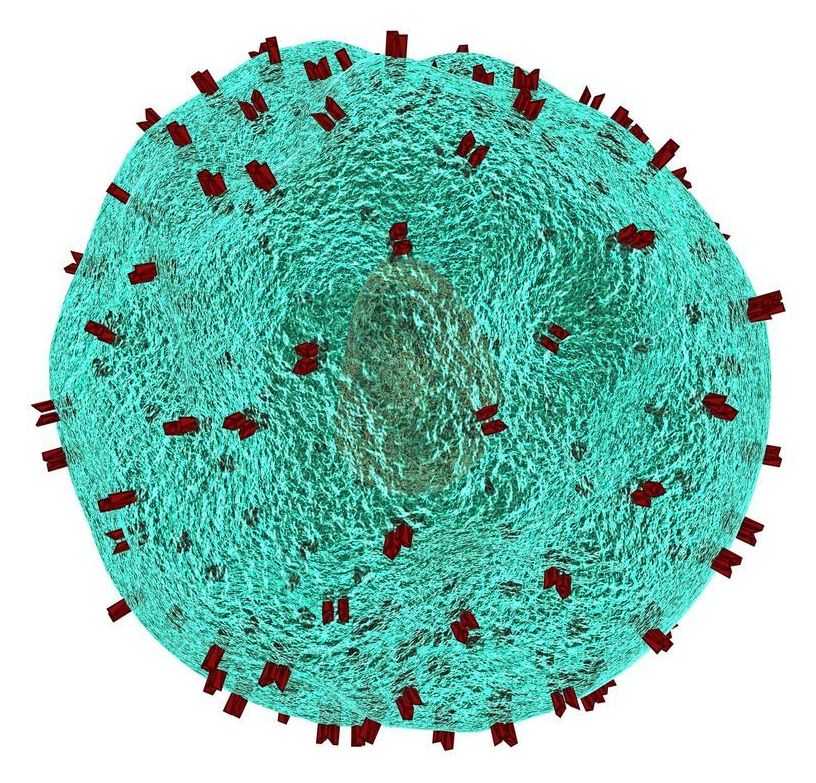Nov 13, 2019
Could cytotoxic T-cells be a key to longevity?
Posted by Quinn Sena in categories: biotech/medical, life extension
Scientists from the RIKEN Center for Integrative Medical Science (IMS) and Keio University School of Medicine in Japan have used single-cell RNA analysis to find that supercentenarians—meaning people over the age of 110—have an excess of a type of immune cell called cytotoxic CD4 T-cells.
Supercentenarians are a unique group of people. First, they are extremely rare. For example, in Japan in 2015 there were more than 61,000 people over the age of 100, but just 146 over the age of 110. And studies have found that these individuals were relatively immune to illnesses such as infections and cancer during their whole lifetimes. This led to the idea that it might be that they have a particularly strong immune system, and the researchers set out to find out what might explain this.
To answer the question, they looked at circulating immune cells from a group of supercentenarians and younger controls. They acquired a total of 41,208 cells from seven supercentenarians (an average of 5,887 per subject) and 19,994 cells for controls (an average of 3,999 per subject) from five controls aged in their fifties to eighties. They found that while the number of B-cells was lower in the supercentenarians, the number of T-cells was approximately the same, and in particular, the number of one subset of T-cells was increased in the supercentenarians. Analyzing these cells, the authors found that the supercentenarians had a very high level of cells that are cytotoxic, meaning that they can kill other cells, sometimes amounting to 80 percent of all T-cells, compared to just 10 or 20 percent in the controls.
















